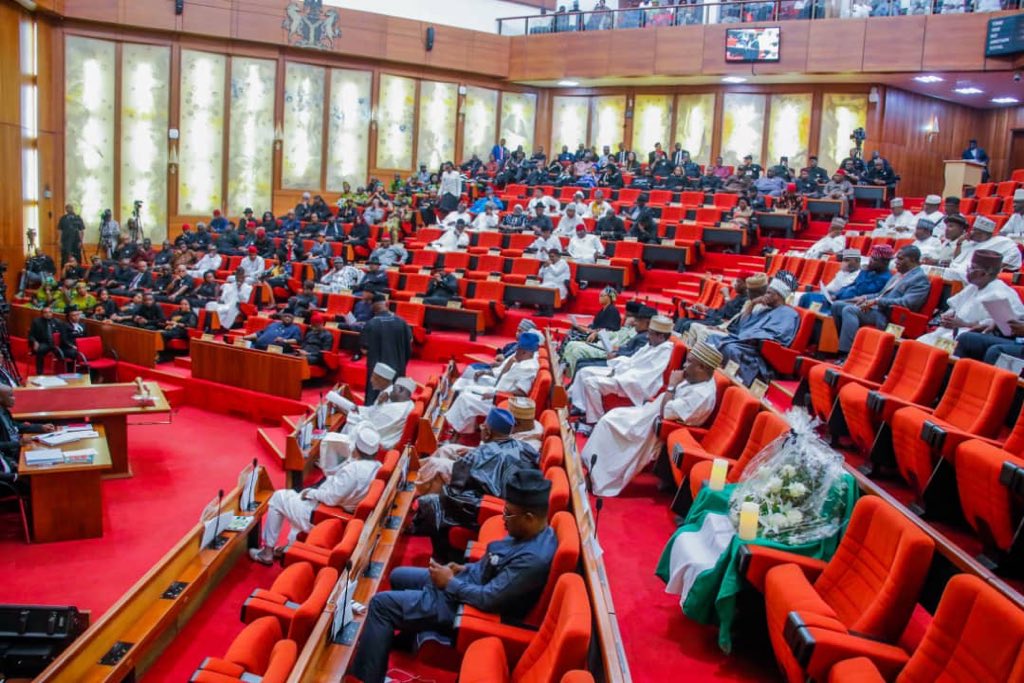During a stakeholders’ dialogue on the State of Human Rights in Nigeria organized by the Policy and Legal Advocacy Centre in Abuja on Monday, the government’s commitment to safeguarding lives and properties was reiterated by Monguno.
He highlighted that a significant portion of the 2024 budget, amounting to N3.25 trillion out of N28.7 trillion, has been allocated to the security sector by the National Assembly. This allocation aims to empower various agencies to effectively tackle the menace of insecurity.
Despite these efforts, issues such as kidnapping continue to plague the nation, with reports indicating approximately 245 kidnapping cases and over N6 billion in ransoms demanded by kidnappers in January 2024 alone.
This situation underscores the complex challenges facing Nigeria’s security apparatus and the urgent need for effective strategies to combat criminal activities across the country.
Monguno emphasized the government’s primary responsibility to ensure the safety and security of its citizens. He assured that the Senate, through the 2024 Appropriations Act, has made robust provisions to the security sector, reflecting the National Assembly’s prioritization of this critical issue.
He stated, “Security is the primary responsibility of government, and that is the social contract that the government has with the people.”
Furthermore, Monguno vowed that the National Assembly would intensify its oversight functions to ensure the judicious utilization of the allocated funds.
Clement Nwankwo, the Executive Director of PLAC, lamented the persistence of human rights challenges in the country despite the ENDSARs protest in 2020. He highlighted institutional and behavioral challenges that hinder the exercise of human rights in Nigeria.
Anthony Ojukwu (SAN), the Executive Secretary of the National Human Rights Commission, emphasized the importance of obeying court orders to boost the nation’s Foreign Direct Investment (FDI). He noted that disobeying court orders sends a wrong signal to foreign investors.
Ojukwu also supported the call for the establishment of state police, addressing concerns about potential hijacking by governors. He emphasized the need for security, particularly in ungoverned spaces, suggesting that state police would contribute significantly to securing those areas.


